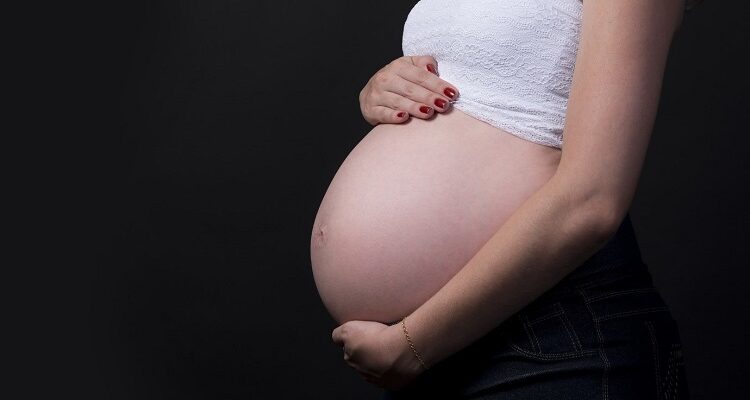Although you might not yet appear to be pregnant, chances are that you are. You may experience a variety of aches and sensations, ranging from exhaustion to flatulence, as a flood of pregnancy hormones prepares your body to host your kid for the next nine months.
Even while some of these symptoms may not make you particularly happy, try to keep in mind that these brief discomforts are a necessary part of the amazing internal process that is taking place: You are developing a kid! In this article we will discuss about the first trimester issues and what to expect.
Table of Contents
Understanding weeks of pregnancy
The first week of pregnancy is your period, and the second week is ovulation. Together, they make up the first two weeks of your regular menstrual cycle. Your fallopian tube is where your egg travels to your uterus when you ovulate. If it comes into contact with sperm, they mix, leading to pregnancy.
The fertilised egg moves toward your uterus throughout the third week of your pregnancy. It divides into additional cells as it descends to your uterus. It enters your uterus and installs itself in the lining. Your body then starts to realise that you are pregnant as a result, and a number of changes start to take place. Most women who skip their period later discover they are pregnant.
What can I expect in my first trimester?
Pregnancy’s first trimester is characterised by a lot of physical and psychological changes. Your mind may be racing with questions as a result of how stressful the situation can be. Aside from that, your hormones are in overdrive. In actuality, your body generates more oestrogen during a single pregnancy than it does during the rest of your life. Some unpleasant pregnancy symptoms may result from this hormone increase. You can experience mood swings, bloating, and fatigue. Even though you might not yet see a noticeable baby bump, your uterus is growing and your blood volume is rising.
Feeling both anxious and excited is OK. As you manage your pregnancy journey, talking to your friends, partner, or a healthcare professional may help you feel better.
Most common symptoms during the first trimester
Every individual and every pregnancy are special. Most pregnancy symptoms are brought on by an increase in hormones. Among the most typical are:
Sore breasts: Hormones may cause your breasts to feel swollen and sensitive. Before the conclusion of your first trimester, you might find that you require bigger bras. Due to the increased blood flow, your breast veins may become visible.
Nausea: One of the tell-tale indicators of an early pregnancy is nausea. It can endure all day and all night, despite its name. Eat bland, low-fat foods or smaller, more often meals.
Feeling tired: During the first trimester of pregnancy, your body is working really hard. You can have severe exhaustion as a result. Make sure you get lots of sleep. In the second trimester, most people start to feel more energetic.














Comments